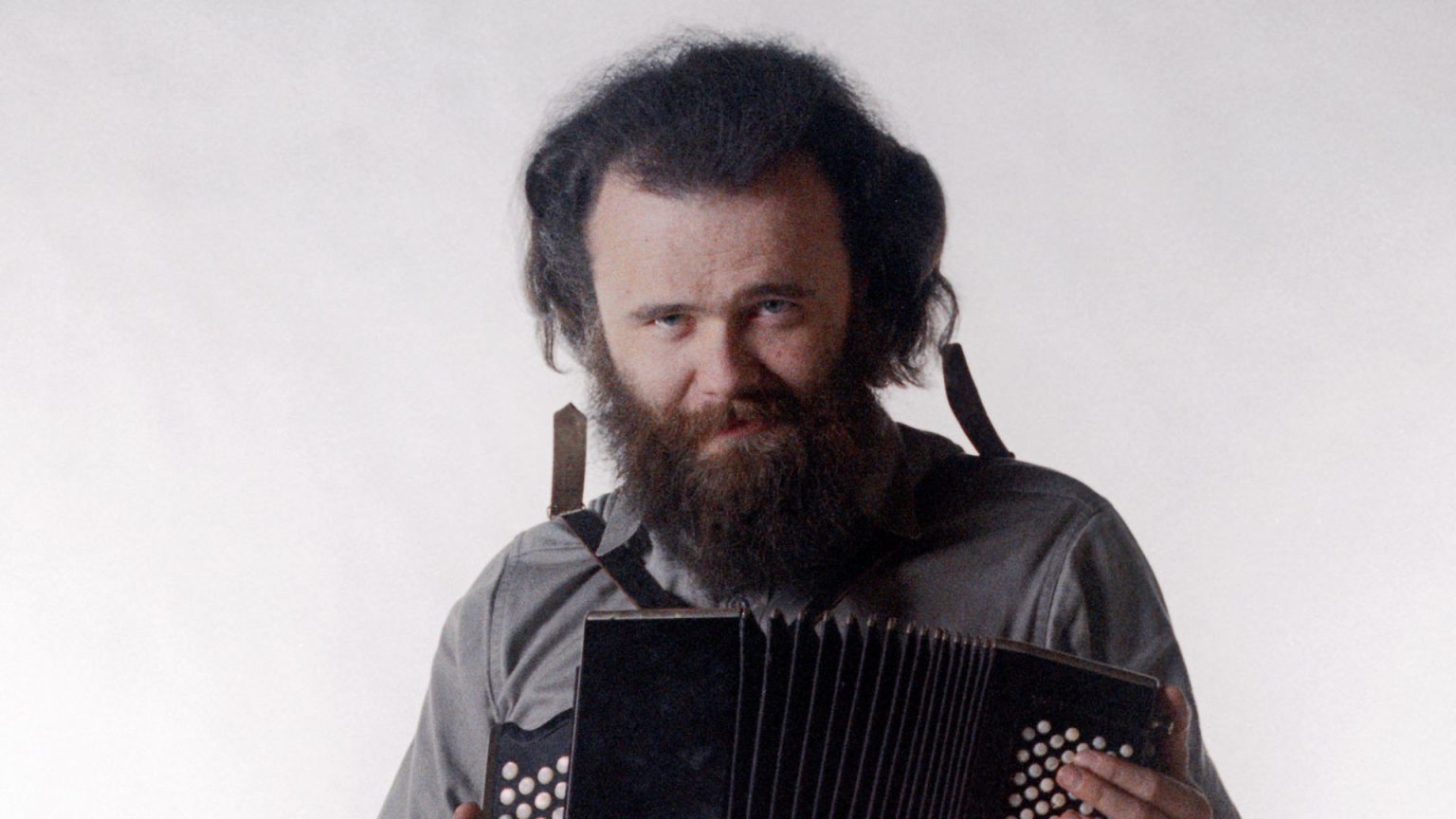Garth Hudson, the final surviving member of the iconic rock group The Band, passed away peacefully in his sleep at a Woodstock, New York nursing home on June 13, 2024, at the age of 87. His death marks the end of an era for a band that profoundly influenced the landscape of rock music, leaving behind a legacy of timeless albums and unforgettable live performances. Hudson’s role as the band’s multi-instrumentalist, most notably on keyboards and saxophone, was integral to their unique and layered sound. His contributions, while often understated, provided the rich tapestry upon which the other members wove their musical magic.
Hudson’s journey to rock and roll prominence began in his hometown of London, Ontario, where he was recruited by Ronnie Hawkins to join The Hawks. Alongside future Band members Levon Helm, Robbie Robertson, Rick Danko, and Richard Manuel, Hudson honed his skills and developed the musical chemistry that would later define The Band. Though successful with Hawkins, the group aspired to their own creative vision, leading them to depart and form their own band in 1963, eventually solidifying their identity as The Band in 1964.
A pivotal moment in The Band’s history came with their collaboration with Bob Dylan. Their shared musical sensibilities led to a fruitful partnership, beginning with the single “Can You Please Crawl Out Your Window” and culminating in their supporting role on Dylan’s controversial 1966 electric tour. This exposure catapulted The Band into the spotlight, setting the stage for their own breakthrough with the release of their debut album, “Music From Big Pink,” in 1968. This album, along with their self-titled second album and the later release of “The Basement Tapes,” cemented their place as influential figures in the burgeoning Americana and roots rock genres.
The Band’s music resonated with audiences and critics alike, praised for its unique blend of folk, blues, country, and rock influences. Their songs often explored themes of nostalgia, community, and the American experience, delivered with a raw authenticity that captivated listeners. As Robbie Robertson reflected, The Band created a sound and musicality that significantly impacted the trajectory of music. Their disregard for prevailing trends allowed them to cultivate a distinct identity, venturing into uncharted musical territory and discovering a sound entirely their own.
While The Band enjoyed immense success, internal struggles and external pressures eventually led to their decision to disband. Robertson’s desire to retire from touring, coupled with Manuel’s struggles with addiction and a boating accident, prompted the group to organize a farewell concert. This concert, known as “The Last Waltz,” held at the Winterland Ballroom in San Francisco in 1976, became a legendary event, featuring a star-studded lineup of guest musicians who joined The Band onstage for their final performance. The concert film, directed by Martin Scorsese, further immortalized the event and solidified The Band’s place in rock history.
The news of Hudson’s passing evoked an outpouring of grief and tributes from fans and fellow musicians. He was remembered as a “musical genius” and a “cornerstone” of The Band’s signature sound. His unique contributions on keyboards and saxophone, often described as subtle yet profound, were essential to the band’s sonic tapestry. His ability to seamlessly blend various musical styles, from gospel and soul to classical and jazz, added depth and complexity to The Band’s already rich musical palette. Hudson’s legacy, along with that of his bandmates, will continue to inspire and influence generations of musicians to come.











